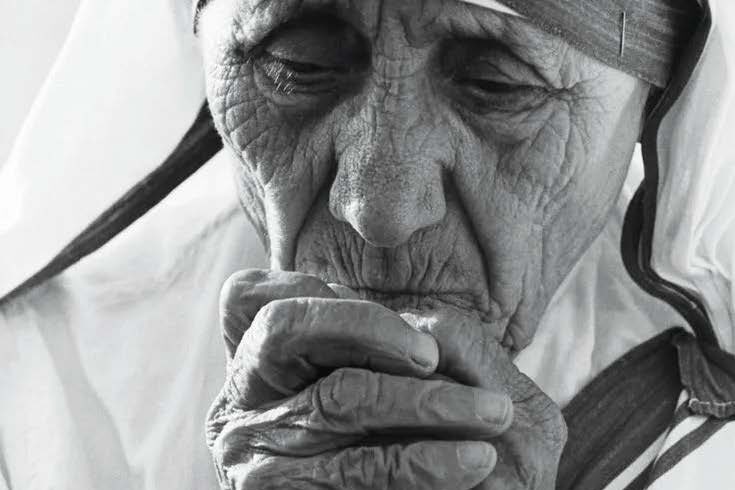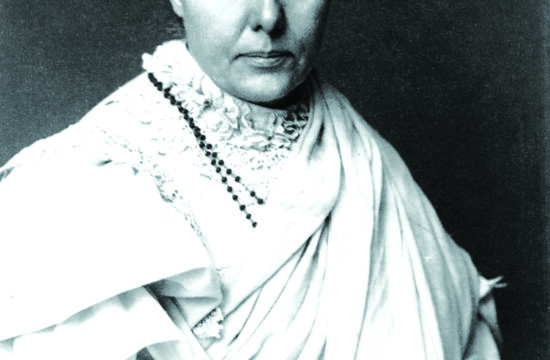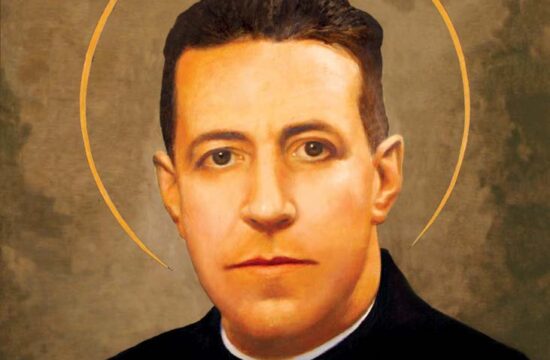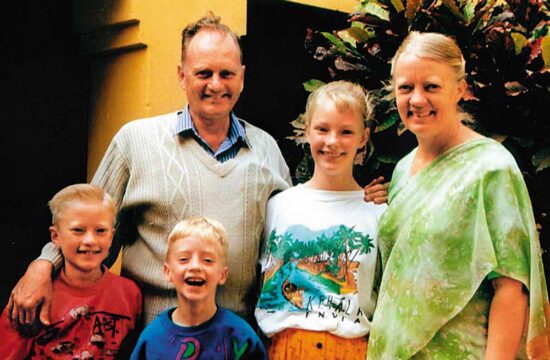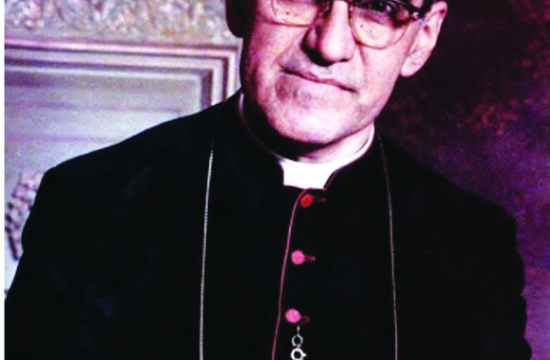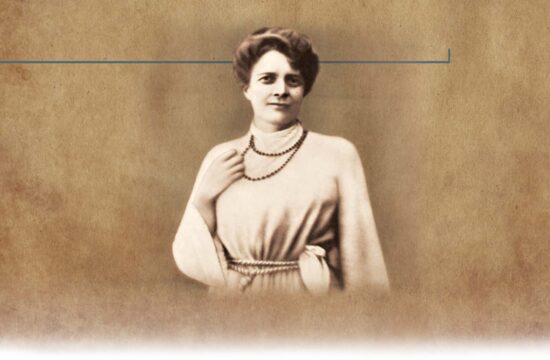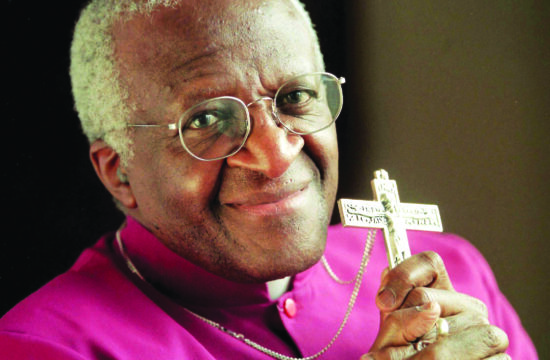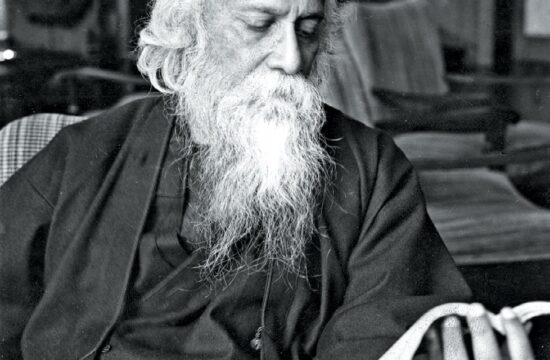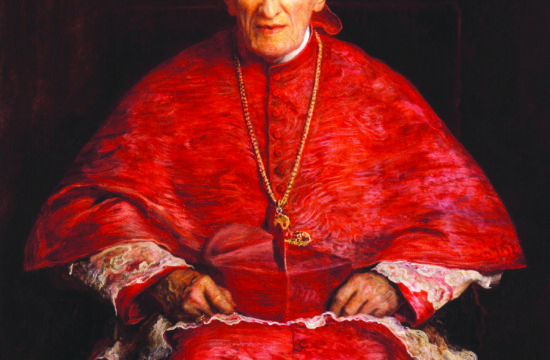She was born as Anjezë Gonxhe Bojaxhiu on 26th August, 1910, but her real birth, many believe, was forty years later in 1950, when she founded the Missionaries of Charity, among the poor, the ailing and the destitute in Calcutta, India, as a ‘little pencil, but a broken one, in God’s hands’. It was here, in Calcutta (now Kolkata), that she became Mother Teresa, her selfless service to God’s children earning her the title, ‘Saint of the Gutters’. She was revered with beatification (19th October 2003) and canonisation, as Saint Mother Teresa of Calcutta on 4th September 2016.
It was a “call within the call” that transformed her into an ocean of compassion towards, the ‘I Thirst’ Christ. She donned a simple white saree with a blue border, jumping in headlong to address the needs of those who were far away, even from the fringe of human empathy and compassion. She struggled with the pain and misery surrounding her, bemoaning the “spiritual dryness,” “darkness of her soul,” “loneliness” and “torture” that she underwent in her relationship with God.
As the fledgling movement grew despite impossible odds, Mother Teresa waged a valiant, and relentless war to spread the ‘Light’ through her service. In time, the city made her its ‘Mother’; the helpless who enjoyed her healing touch considered her to be the incarnation of the Divine, and the world at large bowed before the halo of the purity of her mission. But there were also those who sought to find fault with some of her controversial donors and her ways of reaching out, naming her “Hell’s Angel”.
They failed to see that Mother Teresa’s way was not charted by the beaten path. In the poor and the suffering, she saw her God and dedicated her life to serving that God, by seeking to address their needs – often desperate, life-threatening needs – towards which the world had turned a blind eye. Step by agonising step, she built up an empire of light that sought to banish the darkness from the lives of the marginalised.
Recognition and a deluge of awards came her way, including the Nobel Prize for Peace in 1979, but she was always far removed from it all. For her, what mattered was to give the gift of love to people, so that no one would go out of the world unloved.
Hebrews 12:1–2 says “…let us run with perseverance the race that is set before us.” Mother Teresa did this admirably. By blood – an Albanian, by citizenship – an Indian, by faith – a Catholic nun, ultimately her calling caused her to be claimed by the world. At her State funeral, (the highest honour to be given by a State) dignitaries from different parts of the world were present to pay homage to this simple woman who had managed to touch hearts across boundaries. Hers is a heart that belongs entirely to the Heart of Jesus, inspiring us to join the race set before us by CHRIST.
The author is Research Director, Environmental Scientist, and Professor at St. Joseph’s University, Bengaluru.


